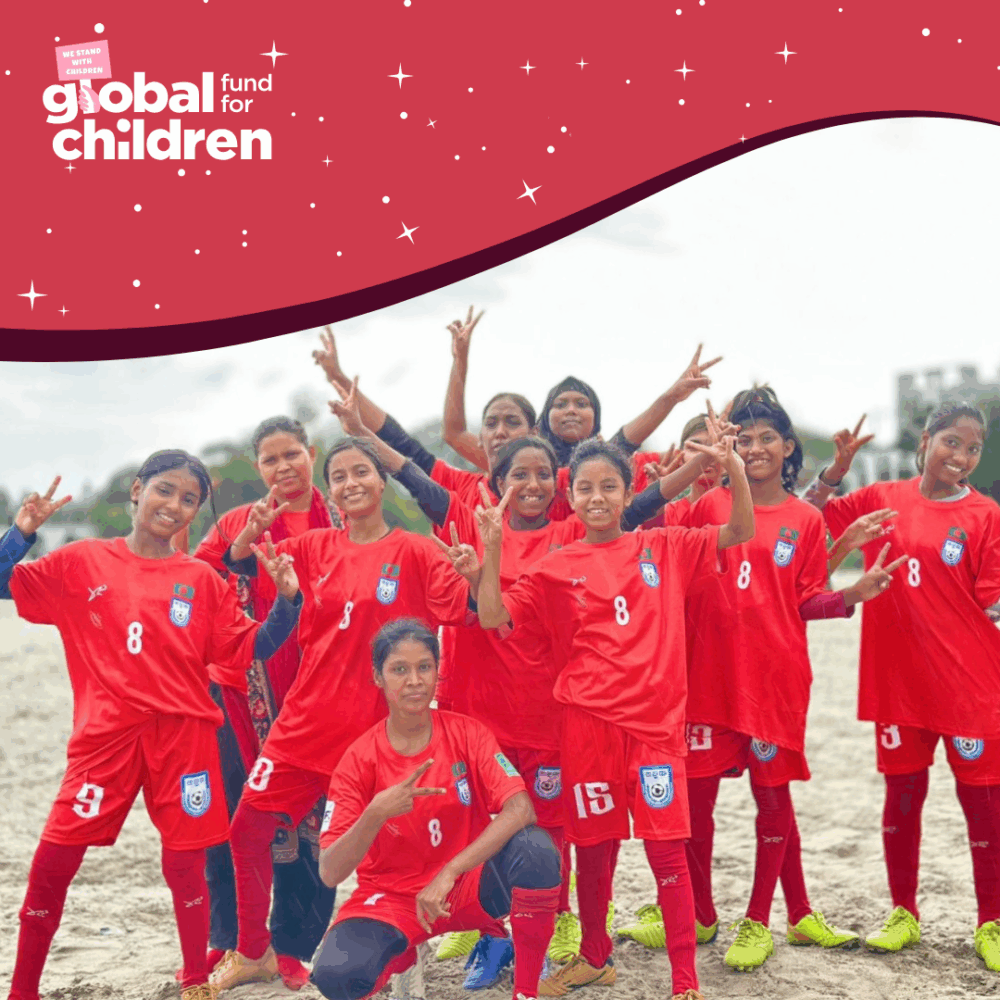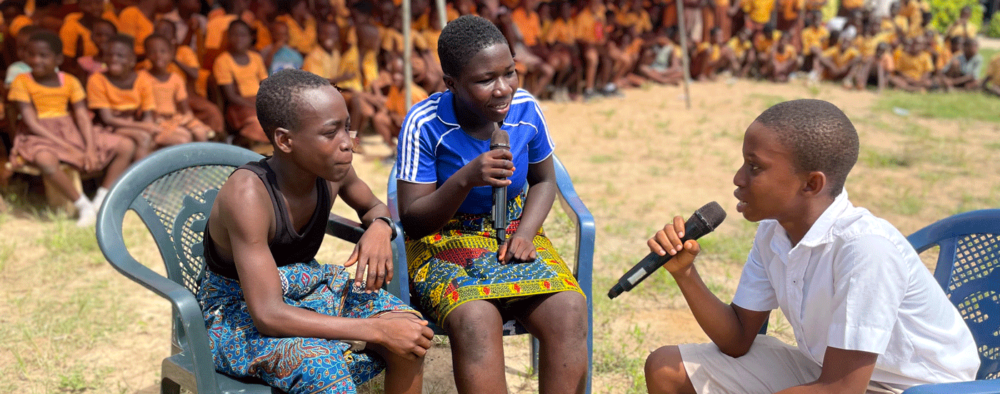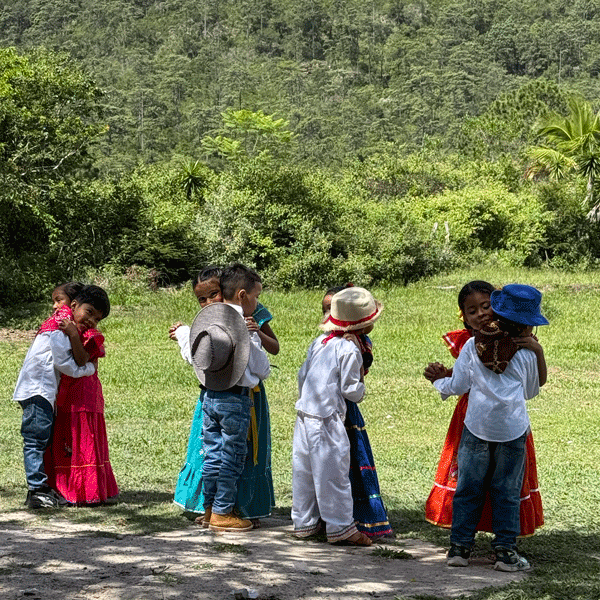
Educación
Junto con socios comunitarios de todo el mundo, podemos generar un cambio significativo para los niños, los jóvenes y las comunidades, desde la mejora de la educación y el acceso a ella hasta la reducción de la violencia, especialmente contra las niñas.
¡Cada donativo cuenta y este invierno cada donación se duplicará gracias a la iniciativa $10,000!
Educación
La pandemia de COVID-19 ha alterado drásticamente la vida de miles de millones de personas en todo el mundo. Ha paralizado el sistema educativo de muchos países, lo que ha obligado a cerrar las escuelas y a los niños a quedarse en casa, lo que ha provocado la pérdida de aprendizaje de una generación de estudiantes.
El impacto devastador de la pandemia en la educación se refleja en estadísticas alarmantes. Estado de la pobreza de aprendizaje en el mundo, según UNICEF: actualización de 2022 Se estima que el 70% de los niños de 10 años en países de ingresos bajos y medios no pueden leer ni comprender un texto sencillo.
[image_caption caption=”Alumnos de la escuela Amedakar Sikshya Kendra en Dumduma, Bhubaneswar, India, realizando una prueba de alfabetización física. © Pro Sport Development” float=””]
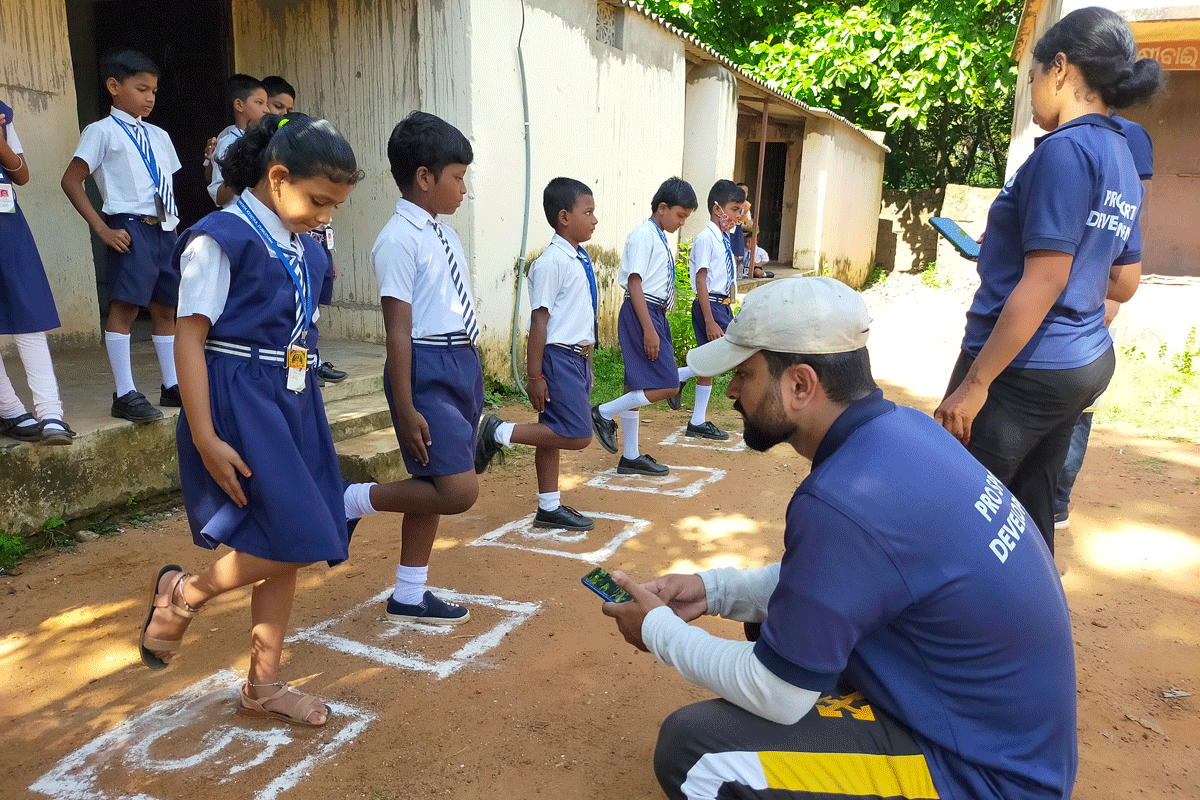
[/caption de imagen]
Mientras los efectos de la pandemia aún persisten, los niños de todo el mundo necesitan apoyo urgente para recuperar el aprendizaje perdido. El Fondo Mundial para la Infancia (GFC), a través de su Iniciativa de la Asociación para Educar a Todos los Niños (PEAK) apoyado por La Fundación LEGO, está brindando apoyo financiero y desarrollo de capacidades a 66 organizaciones locales en todo el mundo que están ayudando a niños que han experimentado interrupciones educativas relacionadas con la pandemia.
Pedimos a algunas de estas organizaciones asociadas que compartieran consejos para ayudar a los niños a superar la pérdida de aprendizaje. Estos son algunos de los consejos que compartieron sobre cómo puede ayudar a su hijo a recuperar el aprendizaje perdido:
[image_caption caption=”Niños jugando en un parque infantil en la India. © Gramin Shiksha Kendra” float=””]
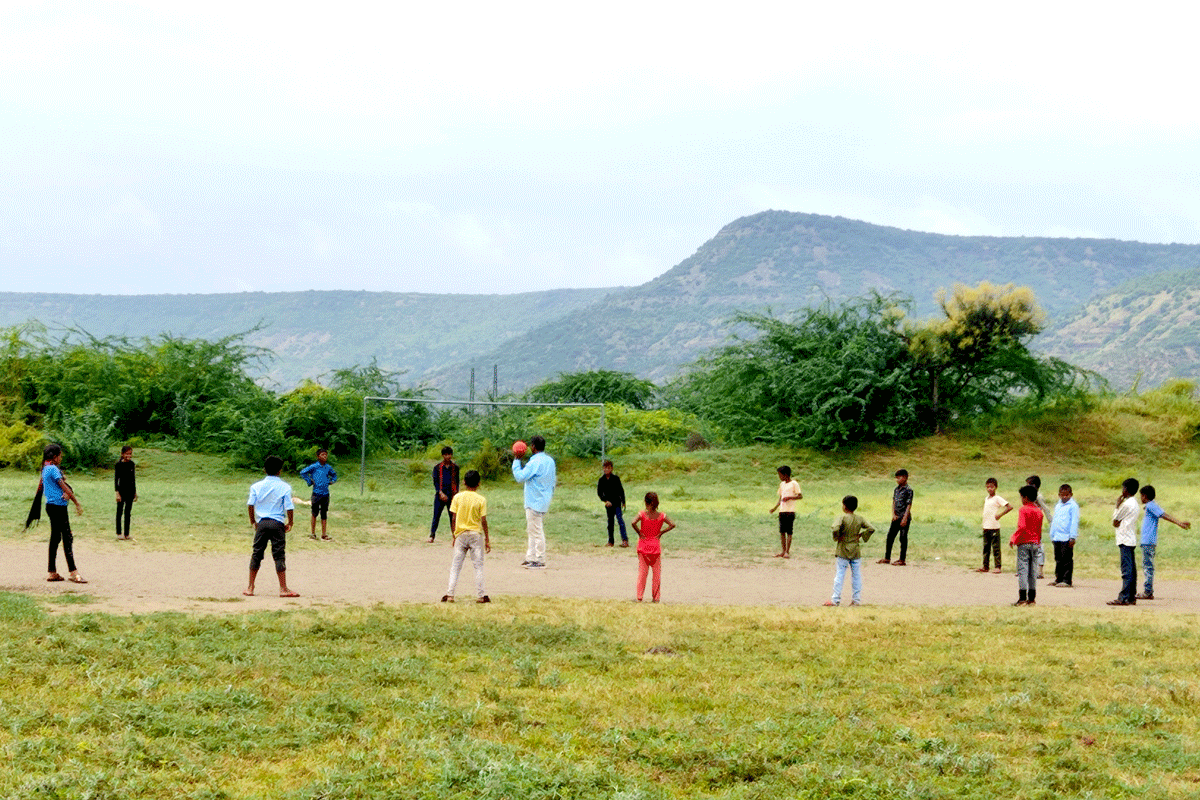
[/caption de imagen]
“¡Dale a tu hijo la oportunidad de salir y jugar! Déjalo jugar, porque a través del juego aprenderá más habilidades sociales de las que cualquier padre puede comprender”. Sarah Van Vooren, cofundadora y directora ejecutiva de Atoot en Nepal
[image_caption caption=”Niños de Ghana promueven los Objetivos de Desarrollo Sostenible de la ONU a través de la poesía en la escuela. © Young Visionary Leaders Ghana” float=””]
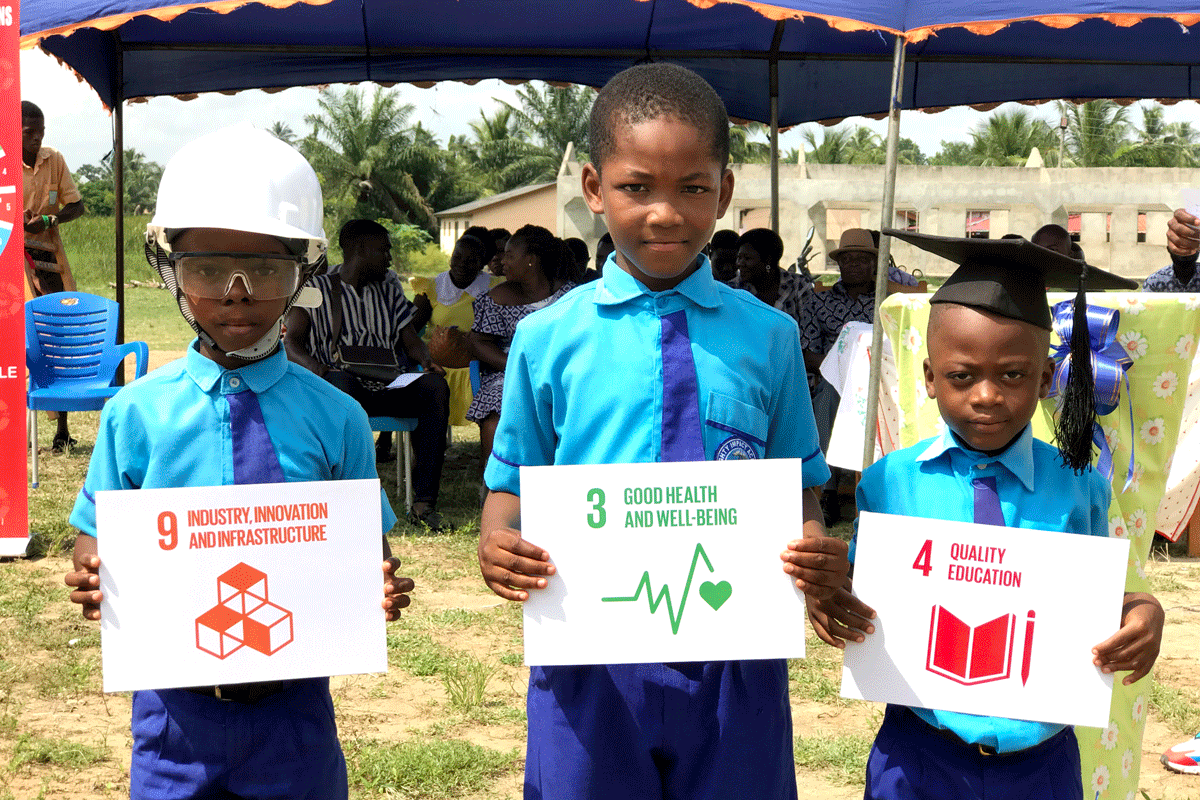
[/caption de imagen]
“Verificar el desempeño del niño nos permitirá saber qué tipo de apoyo necesita tanto en la escuela como en casa”. José Tettey Afangbe, Director Ejecutivo de Jóvenes Líderes Visionarios de Ghana
[image_caption caption=”Niñas que participan en los programas de Atoot en Nepal disfrutan de intercambios multiculturales y de coaprendizaje con invitados internacionales. © Atoot” float=””]
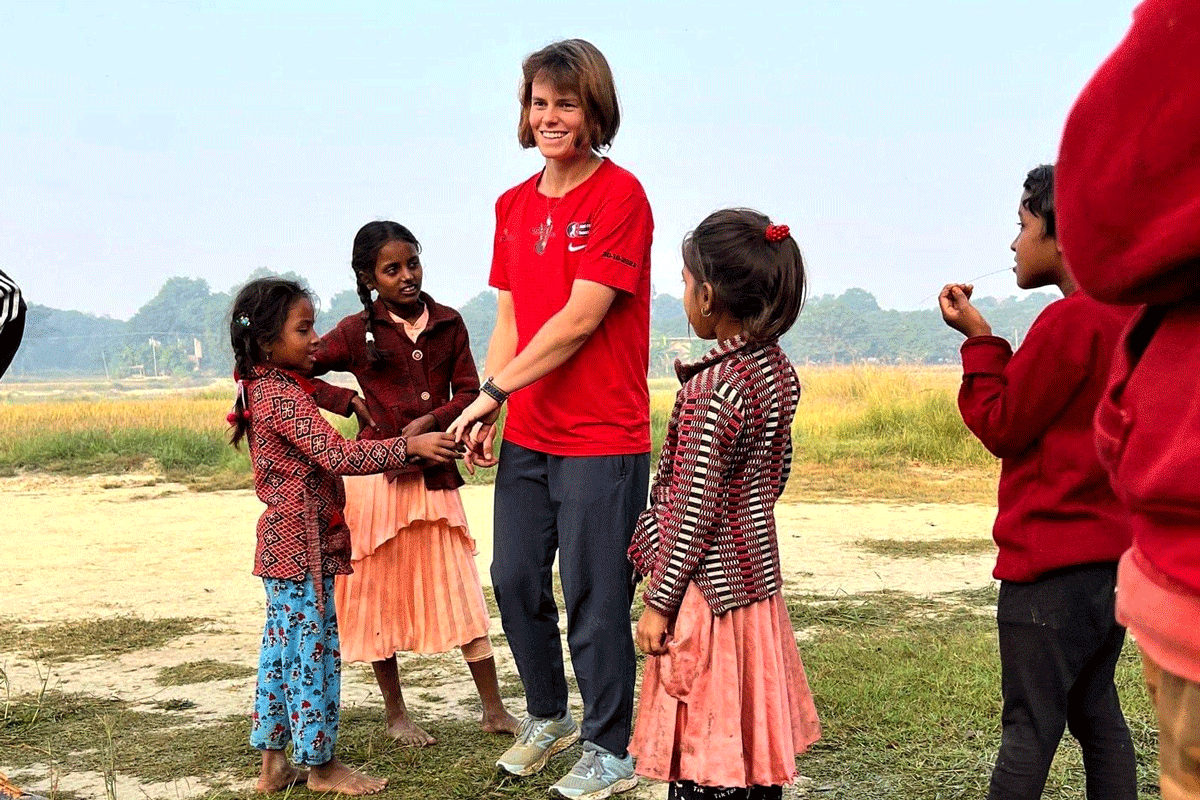
[/caption de imagen]
[image_caption caption=”Niños participando en una carrera de sacos en Uganda. © Iniciativa BaNgaAfayo Uganda” float=””]
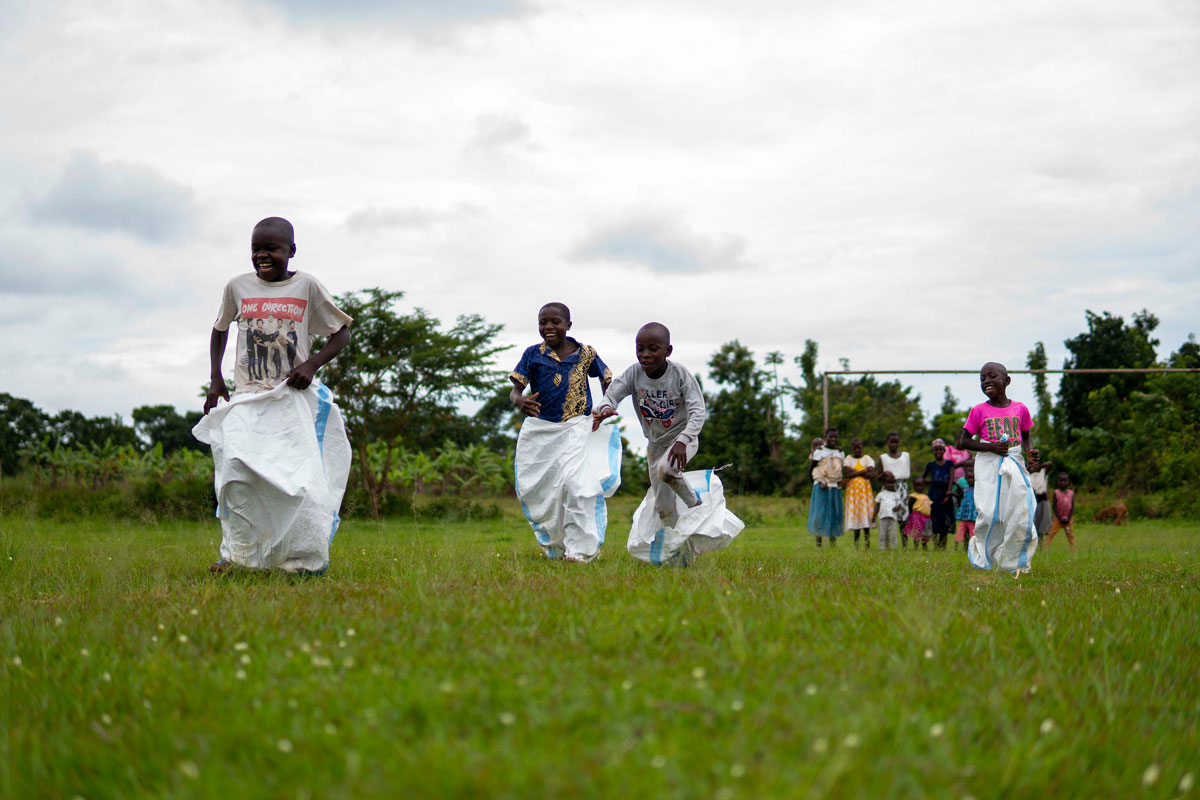
[/caption de imagen]
“Aunque se ha producido una pérdida de aprendizaje, los padres no deberían presionar demasiado a sus hijos. Hay mucho que pueden aprender a una edad temprana y no se les debería presionar demasiado para encubrir la pérdida”. Suheil Tandon, director y fundador de Pro Sport Development en India
[image_caption caption=”Niños de la escuela en un patio de recreo en la India. © Gramin Shiksha Kendra” float=””]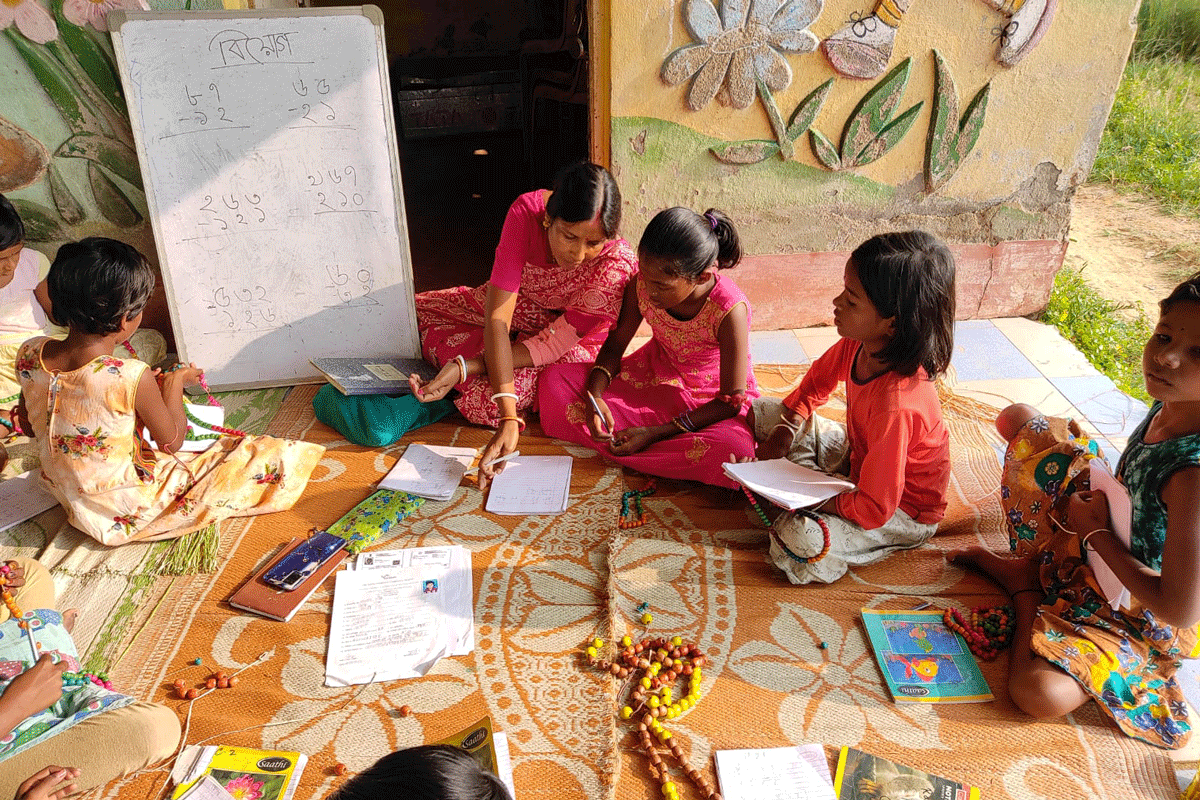
[/caption de imagen]
La iniciativa PEAK, apoyada por La Fundación LEGO, ayuda a los niños a acceder y prosperar en entornos de aprendizaje que los preparan para el éxito futuro. Con motivo del primer aniversario de la iniciativa PEAK, GFC destaca el trabajo de algunos de los socios de PEAK que están empleando formas innovadoras de hacer que la educación sea más divertida y atractiva para los niños que sufrieron pérdidas académicas en el punto álgido de la pandemia.
Foto del encabezado: Niños de la escuela actuando en la celebración del Día Mundial del Niño de 2022. © Young Visionary Leaders Ghana
